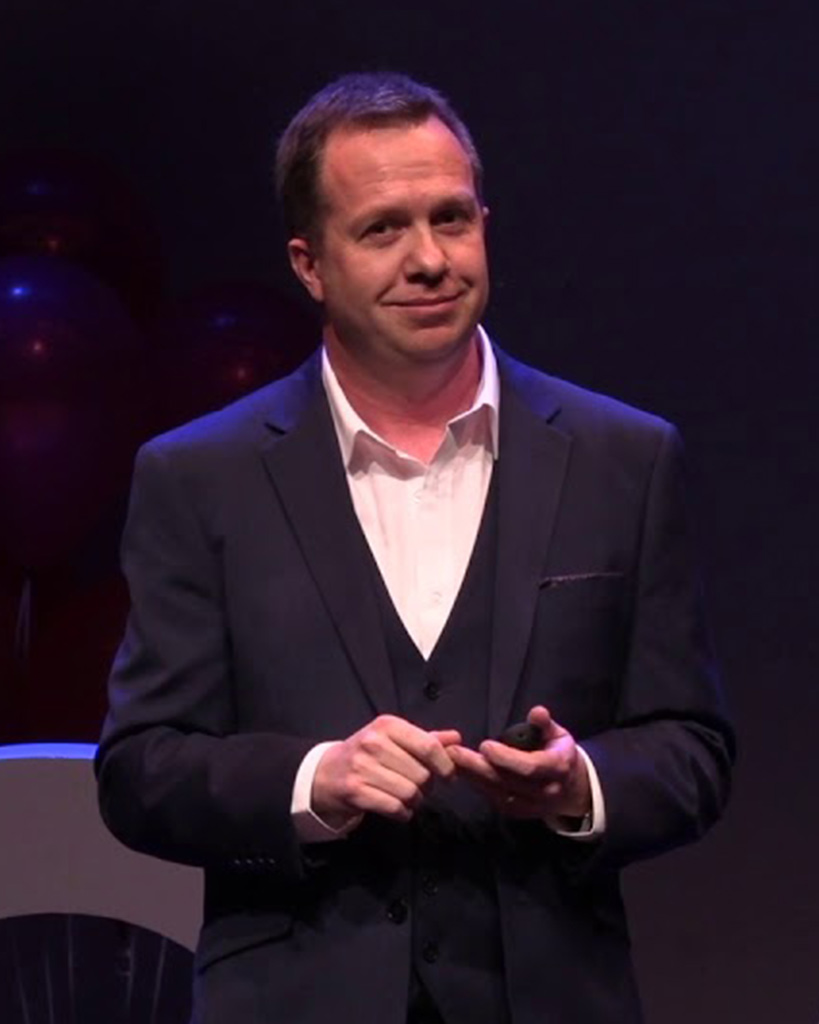<div> <h3 class=”DORSALheadMIstyles”>Life, death and other uncertainties</h3> </div> <div> <table cellspacing=”0″ cellpadding=”0″ width=”1″ height=”13″> <tbody> <tr> <td align=”left” valign=”top”></td> </tr> </tbody> </table> I believe this is what they call a ‘spoiler alert’: We’re all going to die. Now that we have got the wistful and cheery stuff out of the way, an interesting study crossed my desk recently that seems to buck the common perception that people from the lower socio-economic scale in society have a stronger faith and belief in an afterlife than others.</div>
Not so, if the findings of the team from Florida Atlantic University, Case Western Reserve University and San Diego State University, all in the US of course, are to be believed.
They took data from the General Social Survey, which interviews some 58,000 people each year and shows some interesting existential trends. For example, it asked two fundamental questions that are interesting for our purposes: ‘Do you believe in life after death?’ and ‘What is your religious preference — is it Protestant, Catholic, Jewish, some other religion, or no religion?’
Among other findings, they discovered that by 2014, people were increasingly less likely to go to religious services, less likely to pray and less likely to generally identify themselves as ‘religious’ overall.
However, there was a noticeable rise in the amount of people who believe in an afterlife — in 1972-1974, the figure was 73 per cent, compared to 80 per cent in 2014. The authors’ take on this is that the younger generation feels more self-entitled than previous ones, particularly the middle-class, and expects an afterlife to be waiting for them, even if they don’t believe in God (if you want the full findings, they were published recently in <em>Sage Journals</em>).
The authors state: “Entitlement appears in religious and spiritual domains when people see themselves as deserving spiritual rewards or blessings due to their special status.
“Entitlement centered on afterlife beliefs could be seen as a modern rendition of Pascal’s wager, in which the individual observes that believing in God and a positive afterlife has few downsides, but not believing has the major possible downside of condemnation to eternal suffering.”
Sounds like the Millenials are trying to cover all the angles.
The big losers in all of this are the religious institutions and it’s difficult not to notice that trend in everyday life.
The number of people who said they had ‘hardly any’ confidence in organised religious institutions rose sharply, from 14 per cent in the early 1970s, to 24 per cent in 2014 — a 71 per cent spike.
And there’s really no mystery or uncertainty behind that finding.
<div> <h3 class=”DORSALhead2MIstyles”>Twitter twits </h3> </div>
New words are finding their way into the dictionary all the time, to the point where the print-runs can’t keep up.
Hands-up those with a side interest in veterinary medicine: ‘Aujeszky’s disease.’ According to the wonderfully-named<em> The Pig Site</em>, it’s implicated in acute outbreaks in swine herds and is caused by the herpes virus. So now you know.
But the one that’s probably most relevant to modern society and particularly social media is ‘virtue signalling’. The biggest repeat offenders are usually celebrities in the aftermath of a terrorist attack/natural disaster/any event in which they think they can score ‘virtue points’.
For clarity, the <em>Oxford Dictionary</em> describes it as “the action or practice of publicly expressing opinions or sentiments intended to demonstrate one’s good character or the moral correctness of one’s position on a particular issue”.
Donating time or money in such situations is laudable but heading straight to Twitter to say ‘I Paris’ or some such platitude does nothing to help the victims. It amounts to absolutely zilch, and really just adds-up to the person who tweets the message saying, ‘hey everybody, don’t forget about me and how I feel!’ Note to Kim Kardashian: No-one cares.
<div> <h3><strong>Graveyard humour</strong></h3> </div>
Following on from the musings at the top of the page, a question arises: Have you decided what you want written on your gravestone? Something brief, pithy, or perhaps, like some people, you will use it to issue a ‘parting shot’ to someone?
Here are a couple of amusing ones that might give you food for thought.
‘Jerry L Farrer, 16 July 1937-12 November 2003: I was supposed to live to be 102 and be shot by a jealous husband.’
Herman Harband, born 1918: ‘My wife Eleanor Arthur of Queens, New York, lived like a princess for 20 years, travelling the world with the best of everything. When I went blind, she tried to poison me, took all my money and all my medication and left me in the dark. Alone and sick, it’s a miracle I escaped. I won’t see her in heaven because she’s surely going to hell.’
Rodney Dangerfield [legendary US comedian]: ‘There goes the neighbourhood.’
Anonymous: ‘Now I know something you don’t.’
US TV show host Merv Griffin’s gravestone, meanwhile, reads: ‘I will <em>not</em> be back after this message.’
The final word goes to the great Spike Milligan, who also did important work as a mental health awareness advocate. After some legal wrangling, his gravestone, which is inscribed in Gaelic, reads: ‘<em>Dúirt mé leat go raibh mé breoite</em>’, which when translated means, ‘I told you I was ill’.


